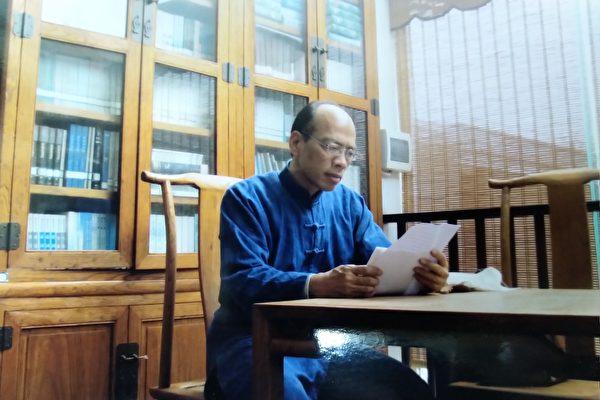A Taiwanese scholar has shared his experience being monitored by the Chinese Communist Party (CCP) when he was a university professor in China and why he chose to flee China in his unpublished anthology “Twenty Years of Sleep—Awakening from the Chinese Dream.”
Wu Mingneng studied and worked in China for 20 years, through which he has learnt the hardest lesson—never trust the CCP, he said in a recent interview with the Chinese language edition of The Epoch Times.

